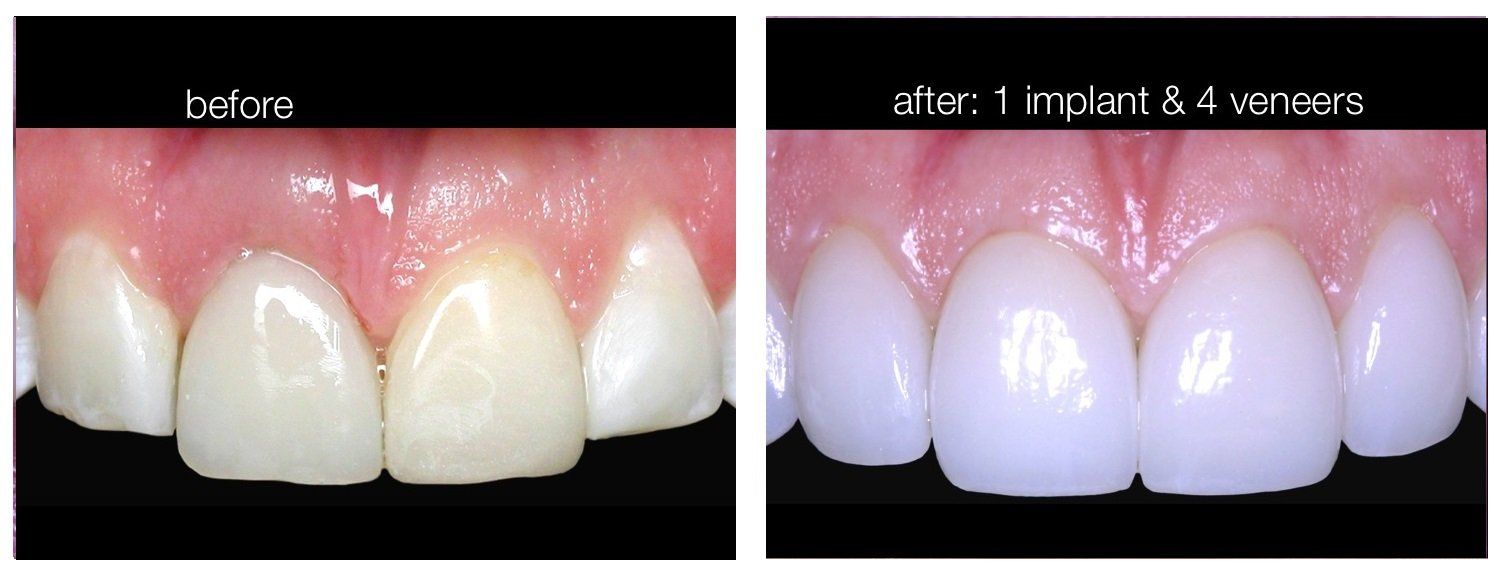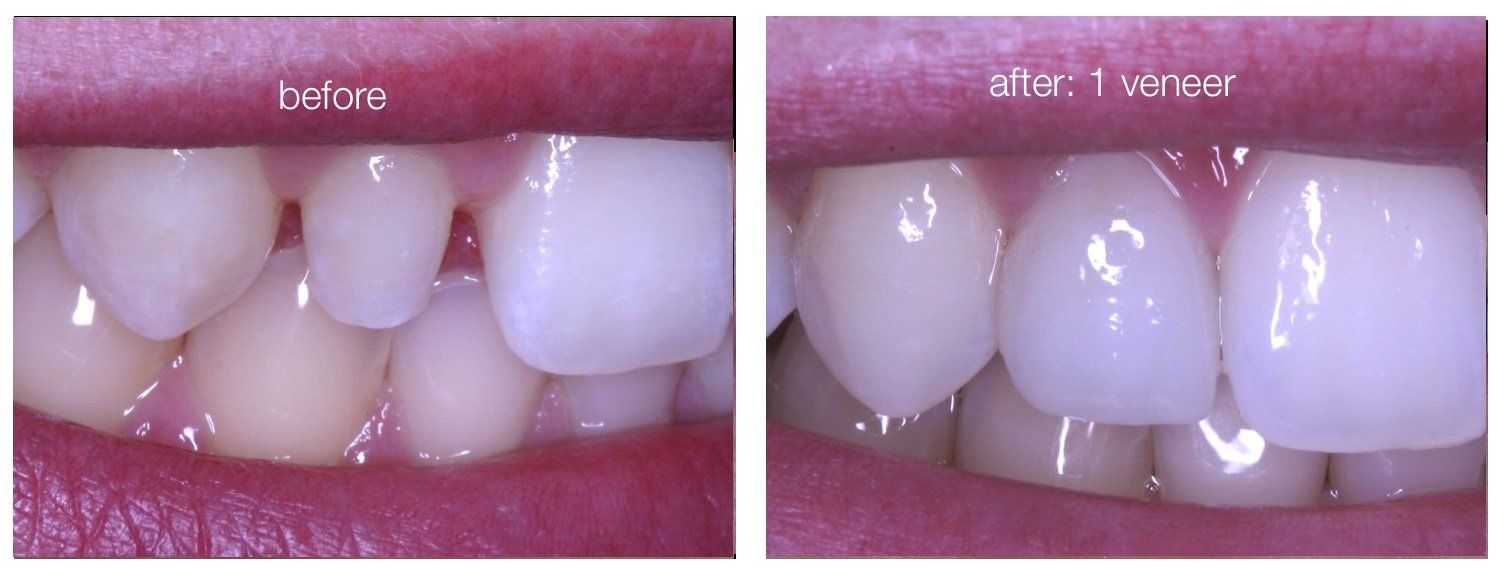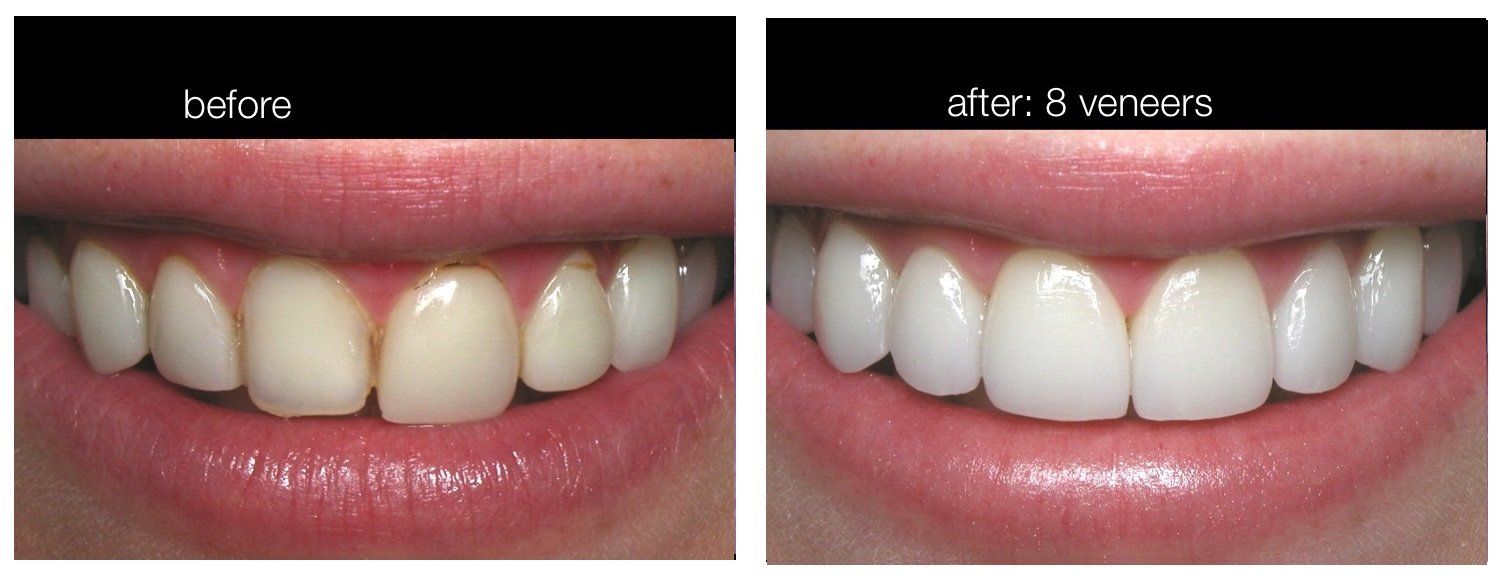Dental Hygiene
Dental Hygiene
While at our office, we make sure that you receive the highest level of service and ensure that our dental work is of the highest quality. To ensure that you maintain great oral health, this level of quality needs to extend into your personal oral hygiene routine. We can help you establish a dental hygiene routine that will keep your teeth healthy and white. If you have any questions about your current hygiene plan please ask us.
Your teeth are not the only important part of your mouth. Your gums are essential to oral hygiene as well. We can provide periodontal cleanings and treatment, or refer you to one of our recommended specialists. Please let us know if you have any questions.
Periodontitis / Loose teeth
You may assume all gum diseases are created equal, but when it comes to the impact of gum disease on your dental health, this is not the case. Some infections manifest worse than others, and their corresponding symptoms and health problems can be debilitating for the patient.
Periodontitis is a more advanced stage of periodontal disease and shares the symptoms of gingivitis. Periodontitis is a disease involving receding and infected gums and often affects the way your gums look and feel.
Unfortunately it is the most frequent reason for tooth loss in adults. Almost one of two adults suffers from periodontitis.
It often goes unnoticed, since the chronic inflammation of the periodontium (dental root. gums and bone often causes only minor pain. Typical indications for periodontitis are increased tooth mobility, gum bleeding or bad breath. Periodontitis is mostly associated with dental plaque and bad oral hygiene. Plaque carries a high load of inflammatory bacteria. The permanent presence of dental plaque influences initially only the gums (gingivitis) but consistently spreads further down the periodontal ligament forcing also bone infection. The result is recognisable bone loss. exposed tooth roots and increased tooth mobility. There are different possibilities to heal affected areas depending on the gravity of the disease. Usually, the dental hygienist carries out a professional in-depth teeth cleaning in several sessions during a non-surgical therapy. In case of an advanced state of Periodontitis or if the non-surgical therapy fails. a periodontical surgery becomes necessary. Especially in more severe cases a periodontal surgery has to intervene to avoid further bone loss and to stabilize the periodontal tissues.
Tooth root exposure
Inflammatory processes at an implant (Peri-implantitis)
If you are exhibiting symptoms of periodontitis, contact us before your symptoms worsen.
RELATED SERVICES
DENTAL CAREBEFORE & AFTER

Slide title
Write your caption hereButton
Slide title
Write your caption hereButton
Slide title
Write your caption hereButton
Slide title
Write your caption hereButton
TESTIMONIALS
I highly recommend Dr. Konstantinos Harogiannis for all dental applications. He is an extremely competent and caring doctor performing prosthodontic, implant, cosmetic and reconstructive work. After surgery, he provided me with a well fitting temporary partial with 4 manufactured teeth, prior to a permanent partial. Kudos to Dr. Harogiannis, and many thanks.
-Mary Anne Chalaby
Thank you for all of your hard work restoring my teeth. You are a bright, talented and compassionate individual. Being surrounded by a friendly and competent office staff, is an added bonus.
-Carol
Dr. Kostas and the staff at Dental Arts of Cherry Hills are by far the most professional and caring group of prosthodontist ‘s around. I spent over 2 years researching the best place to replace a couple of missing and broken teeth. I ended up doing a complete set of new teeth with a combination of veneers and implants. Dr. Kostas made my smile look like a million bucks. Dental Arts of Cherry Hills was an exceptional value and they used the highest quality veneers and implants. I am extremely happy with the way my teeth look now. I get complemented often how beautiful my teeth look. Nobody knows they are cosmetically done unless I tell them. If your considering an implant or veneers you will be in good hands with Dr. Kostas and his staff. Just a side note Dr. Kostas and Gina ( his most awesome assistant ) came in on their off day to finish my teeth. They go out of their way to accommodate everyone. 5 stars is not enough to describe this Dr. I promise you will be happy by choosing Dr. Kostas. Don’t hesitate any longer… A great smile will do wonders for your self image…. I love my new teeth and have not stopped smiling since.
-Corey Engelen E.
CONTACT US
We will get back to you as soon as possible.
Please try again later.
We will get back to you as soon as possible.
Please try again later.
Gingivitis
- Bleeding gums
- Swollen gums
- Sore/sensitive gums
- Discolored gums
- Receding gums
- Bad breath
Periodontitis / Loose teeth
Tooth root exposure
Inflammatory processes at an implant (Peri-implantitis)
If you are exhibiting symptoms of periodontitis, contact us before your symptoms worsen.
RELATED SERVICES
DENTAL CAREBEFORE & AFTER

Slide title
Write your caption hereButton
Slide title
Write your caption hereButton
Slide title
Write your caption hereButton
Slide title
Write your caption hereButton
CONTACT US
We will get back to you as soon as possible.
Please try again later.
We will get back to you as soon as possible.
Please try again later.
